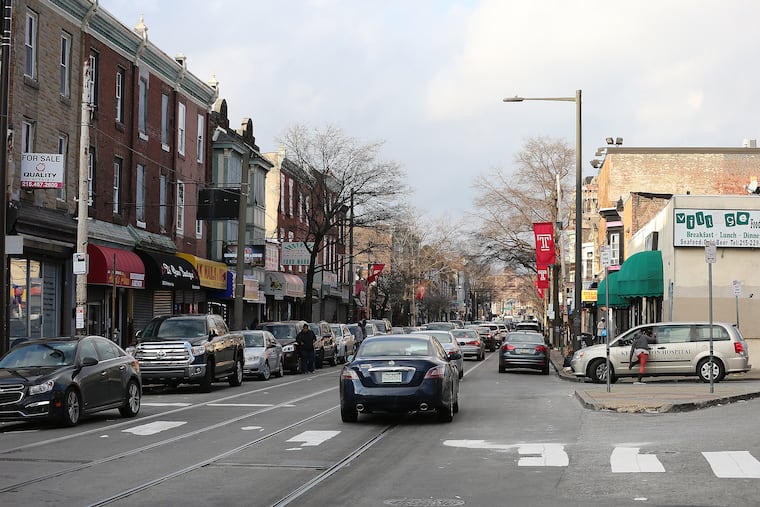The 2020 Census is a chance for black Philadelphians to reclaim power | Opinion
Black people in the U.S. have been historically underrepresented in national population counts.

Six months before his assassination, Dr. Martin Luther King Jr. spoke to a group of students at Barratt Junior High School in South Philadelphia. He advised, “Don’t allow anybody to make you feel like you are nobody. Always feel that you count. Always feel that you have worth, and always feel that your life has ultimate significance.”
Under the spotlight of Black History Month, the upcoming election, and the recent conclusion of film and music awards season, a national discourse on black visibility and representation has resurfaced.
In just a few weeks, households across the city will begin receiving invitations in the mail to participate in the census, a nationwide survey conducted by the U.S. Census Bureau every 10 years.
Black people in the U.S. have been historically underrepresented in national population counts, beginning with the Three-Fifths Compromise dating back to 1787, when we were each deliberately counted as three-fifths of a person. Our erasure resulted in the advancement of a political system that was designed to oppress us and has continued to operate on an unequal distribution of political representation. The 2020 Census is an opportunity for us to reclaim some of the power that we have been and still are denied.
In addition to determining our representation in Congress, census data is used to guide the distribution of billions in federal funding to critical programs and services that directly benefit our communities, including Medicare and Medicaid, school lunch programs, the Supplemental Nutrition Assistance Program (SNAP), and transportation and infrastructure improvements.
» READ MORE: Census 2020: Philly’s preparing, and we need your help
An undercount occurs when the U.S. Census Bureau reports a lower population count than lives in any given place. As a result of undercounting, communities — often communities of color — miss out on their fair share of essential resources, which further perpetuates their oppression.
An undercount can stunt the growth and development of the most vulnerable in our communities, from children and seniors to people experiencing homelessness, immigrants, and those among us who rely on government-funded assistance.
Philadelphia is home to several areas with critically low census response rates. In the 2020 Census count, if just one person is missed, our city could lose $21,000 in federal funding over the next decade.
Imagine the impact on our community if you and your family were skipped over in the count, weakening the final tally. Now, imagine if your congregation, your class, your office, or your block weren’t fully counted. The losses add up. Our communities will feel it.
» READ MORE: Census 2020: The danger of undercounting Pennsylvania’s Latino and immigrant communities | Opinion
From historic Lancaster Avenue to the heart of residential Germantown, Philadelphia’s black community has been and continues to be the foundation of many aspects of the distinct history, culture, and influence that keep our city on the map — not only in this nation but worldwide. The 2020 Census is about equity. Civic engagement is a powerful form of resistance in an environment that continues to suppress the voices of communities like ours. For an equitable future, we need every single member of the black community to be counted in the census.
One way individual Philadelphians can help make that happen: Join Philly Counts in their goal to reach over 200,000 households across the city, mostly in historically uncounted neighborhoods, in three days through informational door-to-door canvassing. The canvasses will take place on Census Action Days: March 21, March 28, and April 4. They’re a good place to start.
Alyn E. Waller is the senior pastor of the Enon Tabernacle Baptist Church in Philadelphia and a revivalist, vocalist, and lecturer. Andrea Custis is the president and CEO of the Urban League of Philadelphia and a corporate executive with 30 years of experience in sales, marketing, human capital, and operations with Fortune 50 companies.